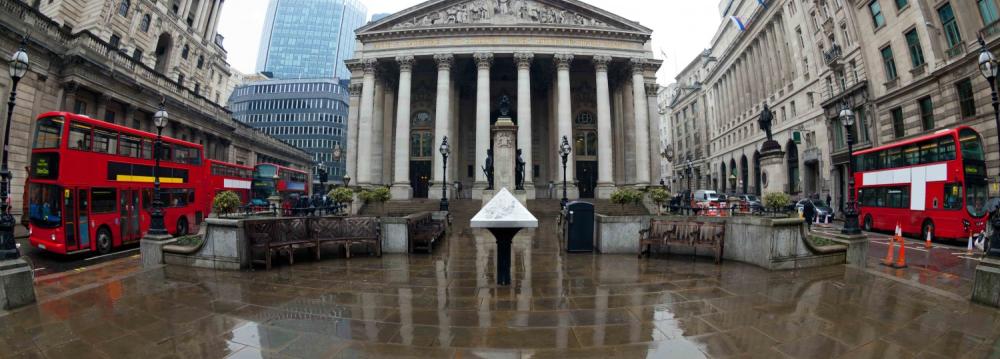Bank of England Deputy Governor Minouche Shafik said more easing will probably be needed for the UK after the “sizable economic shock” of the Brexit vote. She said, the country is in the middle of an economic shock brought on by Brexit.
“It seems likely to me that further monetary stimulus will be required at some point in order to help ensure that a slowdown in economic activity doesn’t turn into something more pernicious,” Shafik said in a speech at the Bloomberg Markets Most Influential Summit in London on Wednesday, Bloomberg reported.
“The likely timing of that stimulus will depend on the continued evolution of the data over the coming weeks and months.”
After cutting their key interest rate for the first time in seven years in August, BoE policy makers led by Governor Mark Carney have said there’s a chance of another reduction as they assess the potential longer-term fallout from Britain’s decision to leave the European Union.
While the BoE next meets to set policy on Nov. 3, the UK’s economic fortunes may also be determined by any fiscal stimulus announced by the government later that month.
Shafik, deputy governor for markets and banking, said monetary policy was only one part of the response needed to help the economy’s adjustment to Brexit, a transition that might prove “painful.”
Echoing comments by other central bankers globally, she said fiscal and structural actions by governments, as well as international policy coordination, are needed.
Slowdown Not Sharp
She noted that recent forward-looking indicators on a “radar” of economic data suggest the slowdown may not be as sharp or as sudden as the Monetary Policy Committee had feared.
“In the wake of the referendum result, at the time of our decision in August, the most reliable indicators—those at the center—were for the most part flashing amber or red,” she said in prepared remarks for the speech. “Since then, of course, the data have turned out more positively than expected, and the radar has become a little less red, a little more amber, though it mostly remains below average levels.”
After September’s meeting, the MPC said that should the outlook in November remain “broadly consistent” with their August forecasts, when they announced a new stimulus package, “a majority of members expected to support a further cut in bank rate to its effective lower bound” later this year. Officials see that lower limit at close to, but just above, zero.
While all nine MPC members opted to keep the rate on hold at 0.25% earlier this month, and were also unanimous on continuing with their purchases of gilts and corporate bonds, some officials remain unhappy with the policy loosening.
Kristin Forbes and Ian McCafferty, who voted against some of the measures in August, said last week that the outlook doesn’t fully warrant the new government-bond purchases.
As such Forbes is, “note yet convinced”, that further rate cuts are warranted.
The most likely announcement of another interest rate cut or boost to the quantitative easing program will come at the November MPC meeting which coincides with the release of the Quarterly Inflation Report.
Inflation
UK inflation accelerated in July and there were signs the weak pound will fuel further price pressures with import costs jumping the most in more than four years.
Consumer-price growth picked up to 0.6% from 0.5% in June, the Office of National Statistics said in London on Tuesday.
Economists had forecast that it would stay at 0.5%, according to the median estimate in a Bloomberg survey. Input costs surged an annual 4.3% last month, ending 32 consecutive declines, while import prices jumped the most since 2011.
The pound fell 0.2% to $1.30 in London, down 2.3% since June 30. It dropped to a 31-year low of $1.28 on July 6.


